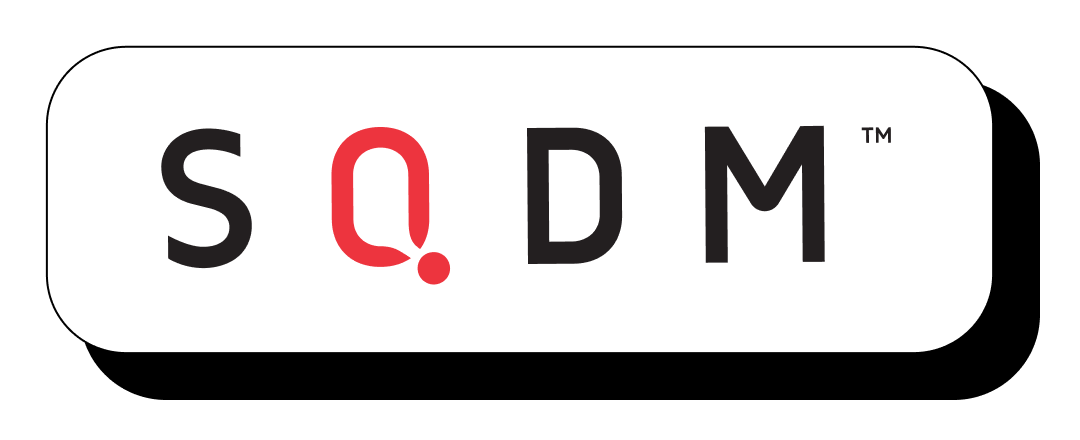In the dynamic realm of software development, where excellence is paramount and progress is continual, two pivotal methodologies—Quality Assurance and Quality Improvement—hold significant sway in guaranteeing the delivery of resilient and effective digital products.
This article delves into the intricate disparities between these fundamental approaches, examining their distinct applications within the context of software development.
From enacting QA practices that fortify code reliability to employing improvement strategies aimed at enhancing efficiency and user satisfaction, this comparison illuminates how these disciplines collaborate. Together, they strive to strike an optimal equilibrium between operational stability and the ceaseless quest for excellence in the ever-evolving landscape of software development.
IT Quality Assurance
IT Quality Assurance (QA) represents a discipline nestled within the realm of IT and software development, aiming to guarantee that technology-related products and processes adhere to predefined quality standards. The primary objective of IT QA revolves around certifying that systems, applications, software, and technological services meet stipulated requirements and function seamlessly, reliably, and devoid of errors.
The spectrum of IT Quality Assurance activities encompasses various facets, ranging from meticulous test planning and design to the establishment of processes ensuring code quality, information security, and optimal user satisfaction. Among the typical responsibilities within IT QA are:
- Test Development and Execution: Design test cases to assess software functionality and performance. Conduct both manual and automated tests to detect potential issues.
- Process Assurance: Establish and uphold software development processes aligned with quality standards. Conduct reviews and audits to ensure adherence to established standards and best practices.
- Defect Management: Identify and meticulously document software defects or anomalies. Collaborate closely with development teams to rectify and address identified issues promptly.
- Continuous Improvement: Analyze data and metrics to pinpoint areas for enhancement. Implement alterations and updates to refine processes and optimize outcomes.
- Standards and Regulatory Compliance: Ensure that IT development and practices conform to industry standards and relevant regulations.
IT Quality Assurance stands as a pivotal component in ensuring the delivery of dependable and high-quality technological products and services. This approach significantly mitigates the risk of system errors or failures while amplifying user satisfaction. It’s not confined solely to the testing phase but envelops the entirety of the software development lifecycle and IT operations.
IT Quality Improvement
IT Quality Improvement stands as a systematic and continuous methodology directed towards enhancing processes, practices, and outcomes within the realm of information technology. This discipline dedicates its focus to identifying opportunities for enhancement and executing affirmative changes to amplify efficiency, quality, and customer satisfaction within IT landscapes.
Key aspects of IT Quality Improvement include:
- Data Analysis and Metrics: Collection and analysis of data to evaluate the performance of systems, processes, and applications.
- Improvement Identification: Proactively pinpointing areas ripe for enhancement, whether in terms of efficiency, performance, or product quality.
- Continuous Improvement: Implementation of incremental and ongoing alterations to processes and methodologies, fostering sustainable enhancements over time.
- Feedback and Collaboration: Soliciting feedback from users and stakeholders to comprehend customer needs and expectations. Close collaboration with development teams, operations, and pertinent departments to enact improvements effectively.
- Technology Innovation: Assessing and integrating new technologies and methodologies that contribute to augmenting IT products and services.
- PDCA Cycle (Plan, Do, Check, Act): Application of the PDCA continuous improvement cycle—plan, implement, verify, and continuously adjust processes and outcomes.
- Standards and Best Practices: Assurance that adopted practices align with industry standards and recognized best practices.
IT Quality Improvement goes beyond the correction of errors and immediate problems; it seeks to constantly raise the standard of quality and efficiency in all phases of the life cycle of IT systems and services. This approach contributes to the adaptability, innovation, and competitiveness of organizations in a constantly changing technological environment.
Read: Software Quality Assurance: What you Need to Know
Quality Assurance vs. Quality Improvement
In the domain of software development, where precision, dependability, and user satisfaction hold utmost importance, Quality Assurance (QA) and Quality Improvement (QI) emerge as fundamental strategies, each wielding a distinct role in the creation and delivery of superior technology products.
Quality Assurance in Software Development
Preventive Phase
QA in software development mirrors a vigilant gatekeeper, establishing standards early in the software lifecycle. Its focal point lies in preventing defects and issues by instituting processes and practices to ensure code and functionality align with specified requirements. This encompasses activities like meticulous test planning, test case creation, code reviews, and systematic audits to uphold the product’s conformity with established quality benchmarks.
Quality Improvement in Software Development
Reactive Phase
Conversely, Quality Improvement springs into action following the initial software implementation. It revolves around scrutinizing software performance in real-world environments, amassing data, user feedback, and metrics to unearth avenues for continual enhancement. QI centers on adaptability and perpetual evolution, exploring methods to optimize efficiency, usability, and user contentment. It involves implementing iterative changes over time to refine both the product and processes.
Collaboration for Excellence
In the realm of software development, QA and QI operate synergistically. While QA serves to prevent problems at the inception, QI ensures the software’s sustained relevance, efficiency, and effectiveness amidst evolving requirements and technologies. Conversely, QI champions adaptability and continual improvement, guaranteeing the software’s evolution to meet dynamic user needs and expectations.
Both approaches stand as linchpins in upholding quality over time. While QA averts issues from inception, QI preserves the software’s relevance, efficiency, and effectiveness amid evolving requirements and technologies. Together, QA and QI forge a robust partnership driving excellence in software development.
DigiTech Is Your Trusted QA Partner
At DigiTech, we comprehend that every line of code, every feature, and each user interaction contributes to the overall experience. That’s why we offer IT Quality Assurance (QA) services, meticulously designed to elevate your software to new echelons of excellence and reliability.
The Benefits of Our QA Services
- Error Reduction: Our proactive approach identifies and rectifies bugs before they impact your users, ensuring seamless performance.
- Performance Optimization: Thorough testing guarantees your software runs efficiently and flawlessly, even under intense workloads.
- Enhanced User Experience: We ensure every facet of your software surpasses user expectations, from usability to interface to functionality.
- Agile and Rapid Development: Early resolution of quality issues expedites the development cycle, enabling you to launch top-tier products within shorter timeframes.
- Continuous Improvement: We employ ongoing enhancement strategies to keep your software abreast of changing market needs and evolving user expectations.
- Customer Confidence and Brand Reputation: Delivering faultless and dependable software contributes to cultivating customer trust and fostering a positive brand reputation.
- Quality Assurance Specialists: Our team comprises highly trained and experienced professionals well-versed in all facets of IT Quality Assurance.
- Customized Approach: We customize our services to precisely match your project’s needs, ensuring QA solutions that seamlessly align with your objectives.
- Commitment to Quality: Going beyond mere adherence to quality standards, we strive to surpass them. Quality isn’t just a service—it’s our core philosophy.
Visit our website to learn more about our software QA services.


